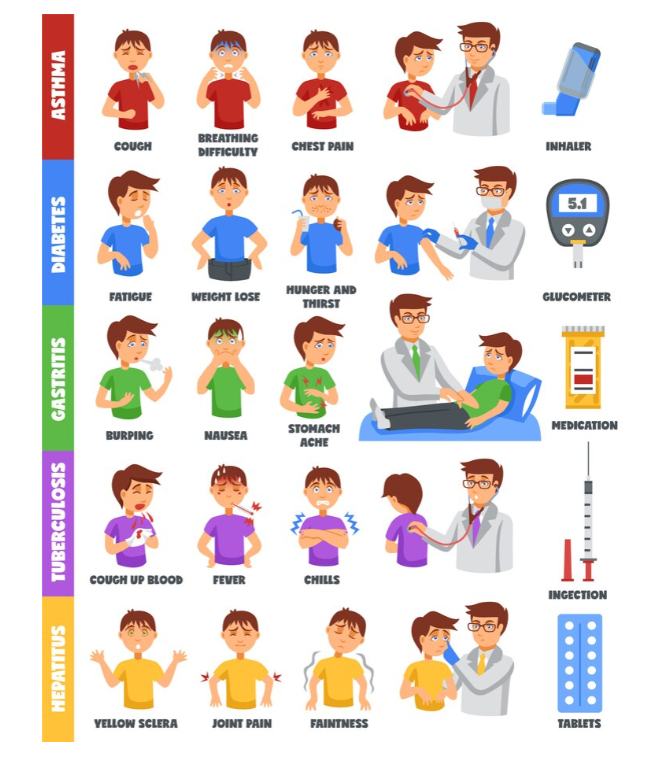
Dry Cough vs. Wet Cough: How to Tell the Difference
Title: Dry Cough vs. Wet Cough: Understanding the Difference
Coughing is your body’s way of clearing irritants from your throat and airways, but did you know there are different types of coughs? Let’s explore the differences between dry coughs and wet coughs in simple terms.
Dry Cough:
- A dry cough is often described as non-productive because it doesn’t produce any mucus or phlegm.
- It can be caused by various factors, including throat irritation, allergies, or viral infections like the common cold.
- A dry cough tends to be harsh and scratchy, and it may worsen at night or with certain triggers.
- It can be accompanied by symptoms such as throat irritation, hoarseness, or chest discomfort.
- Treatment for a dry cough often involves soothing remedies like honey, herbal teas, or cough suppressants to help alleviate symptoms.
Wet Cough:
- A wet cough, also known as a productive cough, is characterized by the presence of mucus or phlegm.
- It occurs when excess mucus builds up in the throat and airways, leading to coughing to clear it out.
- A wet cough may be caused by respiratory infections, such as bronchitis or pneumonia, or conditions like asthma or chronic obstructive pulmonary disease (COPD).
- It typically produces a rattling or gurgling sound and may be accompanied by symptoms such as chest congestion or wheezing.
- Treatment for a wet cough often focuses on loosening and clearing mucus from the airways using expectorants, steam inhalation, or over-the-counter cough medicines.
How to Tell the Difference:
- Pay attention to the sound and sensation of your cough. A dry cough is often harsh and unproductive, while a wet cough may sound rattling or productive.
- Consider the presence of mucus. If you’re coughing up phlegm or mucus, it’s likely a wet cough.
- Take note of any other symptoms you may be experiencing, such as fever, chest pain, or difficulty breathing, as these can help determine the underlying cause of your cough.
When to Seek Medical Help:
- If your cough persists for more than a few weeks, is accompanied by other concerning symptoms, or is interfering with your daily activities, it’s essential to seek medical advice.
- Your healthcare provider can help determine the underlying cause of your cough and recommend appropriate treatment to alleviate your symptoms.
Understanding the differences between dry and wet coughs can help you better manage your symptoms and seek appropriate treatment when needed.
To seek medical advice, always consult a Doctor. Here are our recommended experts. Click here
To read more on Respiratory disease . Click Here
Recent Posts
Dr. Karan0 Comments
Preventing Gum Disease: Key Habits and Dental Check-ups
Dr. Karan0 Comments
Recognizing the Signs and Symptoms of Gum Disease:
Tags
arthritis
Blood tests
causes
Children
complications
coping strategies
diabetes
diagnosis
diet
eczema
exercise
Healthy Lifestyle
Heart Disease
heart health
High blood pressure
hormonal imbalances
Hormones
hydration
india
Indian patients
inflammation
lifestyle changes
management
medication
Medications
mental health
Nutrition
pain management
Peripheral Vascular Disease
physical therapy
pregnancy
prevention
risk factors
signs
skincare
skin condition
stress management
stroke
support
surgery
symptoms
transmission
treatment
treatment options
Women's Health


